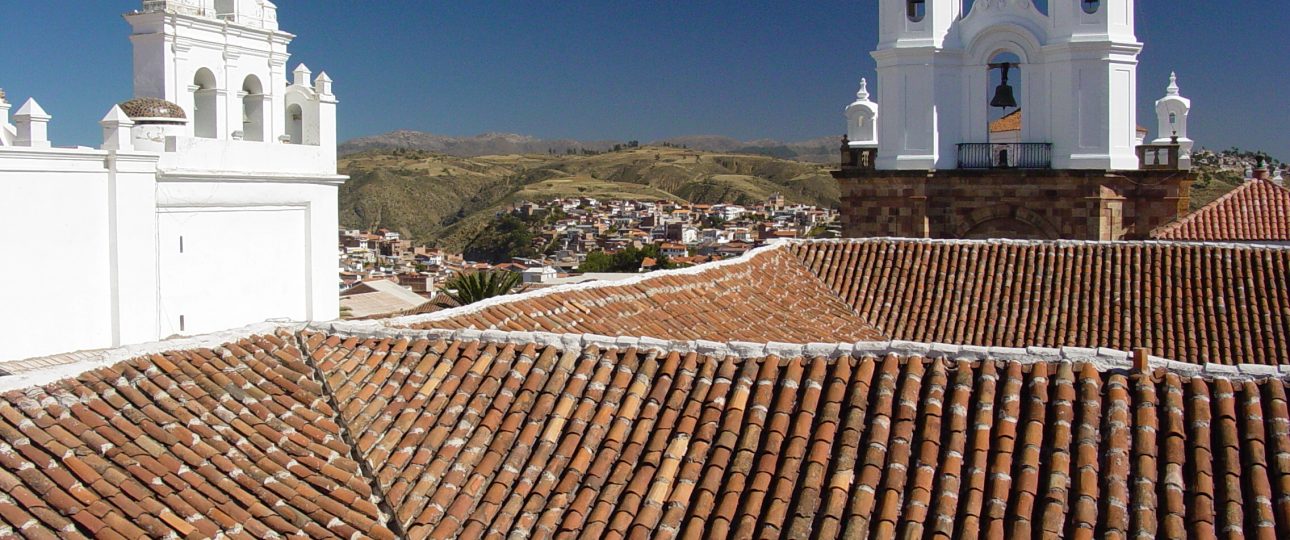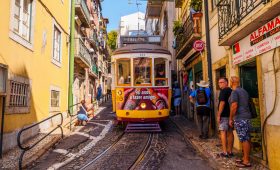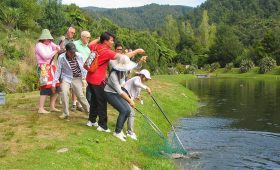Exploring Sucre, Bolivia
History and Culture
Sucre, known historically as Chuquisaca, offers a rich tapestry of history that predates Spanish colonization. Originally an Inca town, its name is derived from Quechua words meaning ‘a heap of precious metal.’ The city was officially founded by the Spanish in 1538 as Ciudad de la Plata de la Nueva Toledo. Sucre was a significant colonial center, and its well-preserved architecture reflects its Andalusian influences. The city was the site of Bolivia’s declaration of independence in 1825, signed at the Casa de la Libertad, a must-visit for history enthusiasts.
Sucre remains a cultural hub, home to one of the oldest universities in the Americas, the Universidad Mayor Real y Pontificia de San Francisco Xavier de Chuquisaca. The city is also the seat of the Roman Catholic Church in Bolivia, with numerous convents and churches dotting its landscape. Exploring the local markets offers a glimpse into the vibrant culture, with colorful textiles and handmade crafts available for purchase.
Natural Attractions
Sucre is surrounded by stunning natural landscapes. Parque Cretácico is a highlight, featuring one of the largest collections of dinosaur footprints in the world. A guided tour here offers a fascinating look at these ancient imprints. For those who enjoy hiking, the nearby Tarabuco Valley provides picturesque trails and panoramic views that are worth the trek.
When to Visit
The ideal time to explore Sucre is during the dry season, from May to October, when the weather is mild and conducive to outdoor activities. However, if you’re interested in local festivals, consider visiting during Carnaval in February or the Fiesta de la Virgen de Guadalupe in December, when the city comes alive with celebrations.
Getting There
Sucre is accessible via Juana Azurduy de Padilla International Airport, which offers flights from major Bolivian cities and some neighboring countries. Alternatively, buses from La Paz or Santa Cruz provide a comfortable and budget-friendly travel option.
Getting Around
Once in Sucre, navigating the city is straightforward. Its compact size makes it easy to explore on foot, with taxis readily available for longer distances. For a more adventurous experience, consider renting a bicycle to discover the city at your own pace.
Key Facts
- Sucre, historically known as Chuquisaca, was founded in 1538.
- The city was Bolivia’s capital until 1898 and remains the judicial capital today.
- Casa de la Libertad is a significant historical site where Bolivia’s independence was declared.
- Parque Cretácico features one of the world’s largest collections of dinosaur footprints.
- The dry season from May to October is the best time for outdoor activities.
- Juana Azurduy de Padilla International Airport serves the city.
- Transportation options include walking, taxis, and bicycle rentals.




